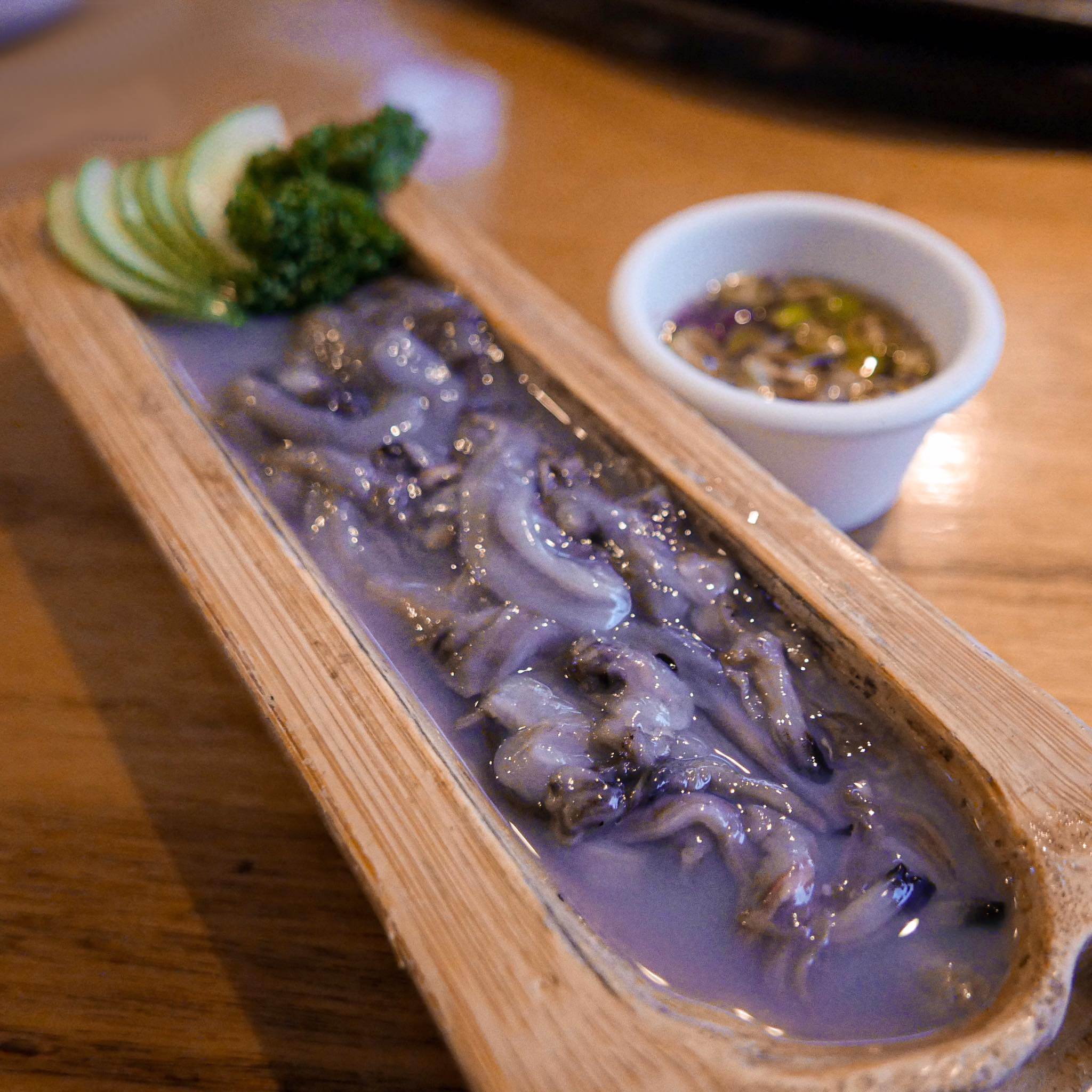Our planet is filled with nasty, disgusting critters, and shipworms are probably in the top 10 of that category. They are small mollusks that cause billions of dollars of damage every year. Due to their insatiable appetite, shipworms have been eating wood for centuries and causing the destruction of ships, harbors, docks, and other wooden objects. Written complaints about these little guys can be found in ancient Greek documents. Even the legendary Christopher Columbus had issues with these creatures. As you know, Columbus and his team discovered America in 1492 using several ships, one of which was the iconic Santa Maria. Here’s a fun fact: the ship sank and was almost completely eaten by shipworms.
There are quite a few living beings on our planet that feed on wood, like termites, for example; however, if scientists know pretty much everything about how termites digest wood, they have no clue how shipworms function. And with the recent development involving some shipworm species changing their diet, they have become even more mysterious and fascinating.
What are shipworms anyway?
Shipworms (Teredinidae) are mollusks that mostly prefer wood in their diet. At the moment, scientists have recorded the existence of about 60 species, with some of them reaching up to 2 m in length. The front end of these creatures is covered in a small shell, which they use to borrow holes in the wood. Usually, these holes are 6 cm in diameter and 2 m long.
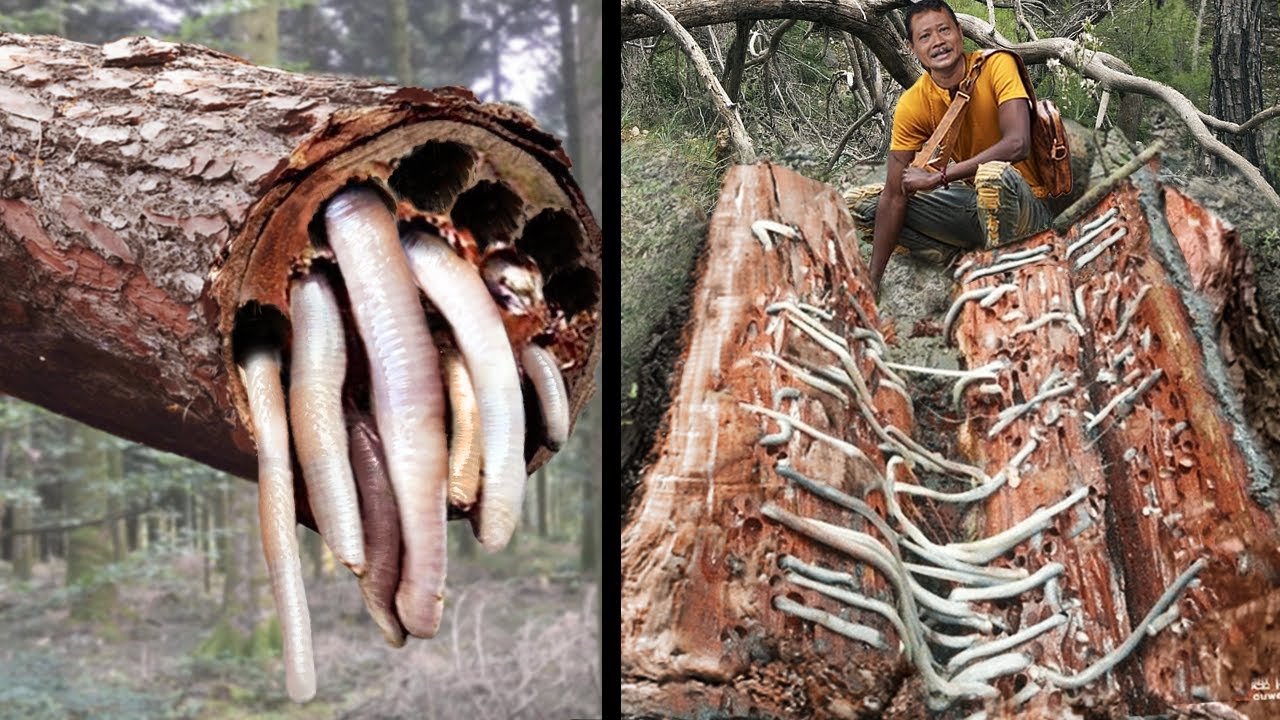
Dangerous diet.
Unfortunately, these creatures don’t care if the woof they are eating is a living tree somewhere in the forest or if it’s a part of a ship or a building. It is believed that these creatures could turn the bottom of a new ship into a huge strainer in just a month. And in the 1730s, the worms became such a big issue in Holland that they started destroying wooden bases and sank entire towns.
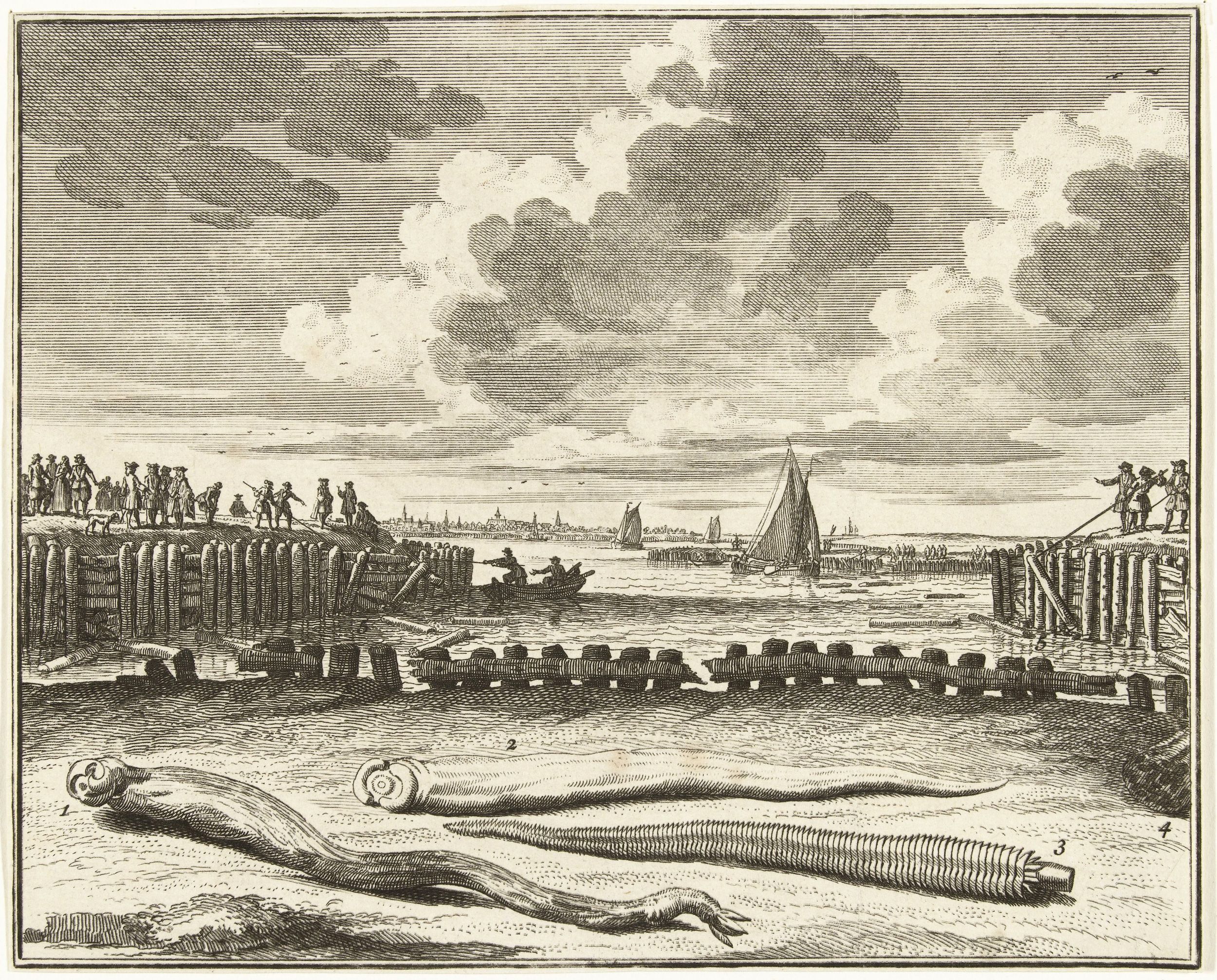
How do they digest wood?
Scientists still need clarification about the whole wood-eating process since, unlike termites, shipworms don’t have certain bacteria living in their system that would help them digest the rough fibers. On the contrary, according to Science Alert, shipworms have remarkably clean digestive tracts. Scientists discovered that these mollusks use certain enzymes that help break down cellulose, but wood cells are much more than that, and shipworms definitely lack the necessary digestive substances. At the moment, scientists speculate that the worms can digest the tough lignin by somehow making it more porous and easier to chew.
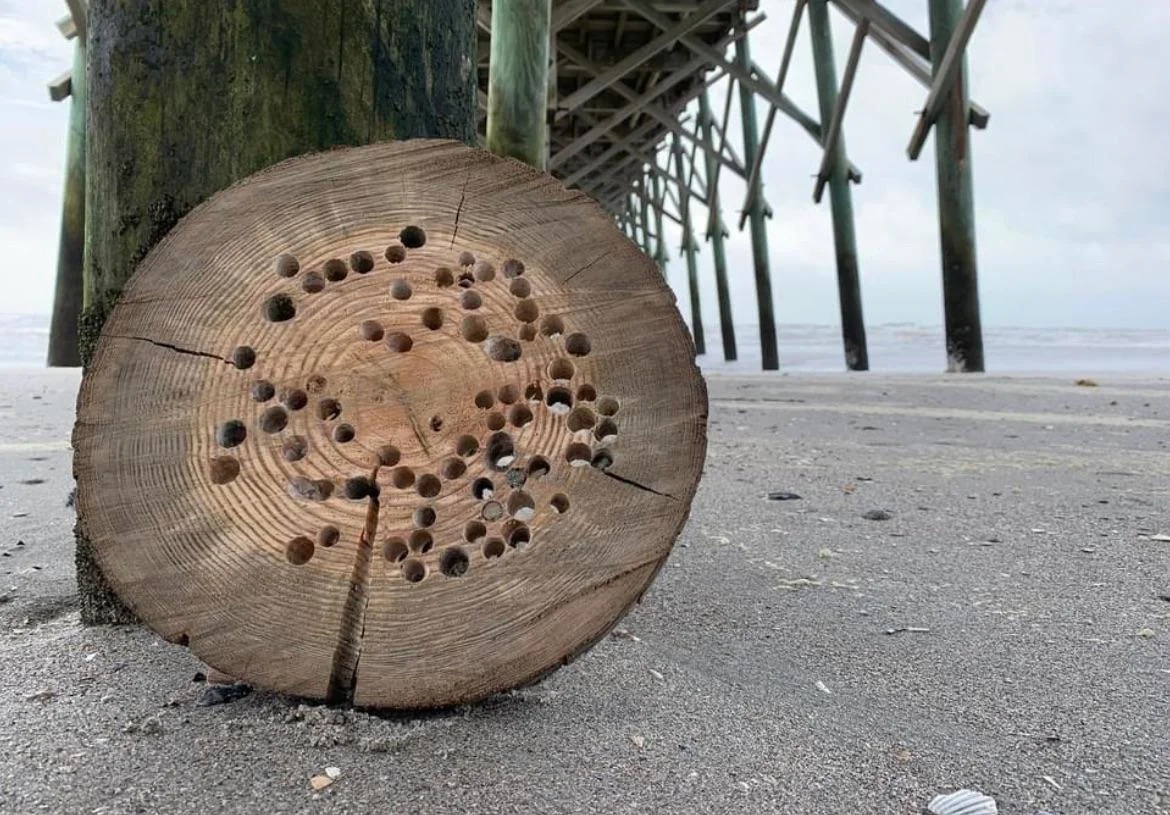
Can shipworms eat rocks?
If anyone asked this question 20 years ago, they’d probably be ridiculed. How can shipworms eat rocks, and why would they do that anyway? There’s nothing nutritious about stones or rocks. Or is there? Frankly, we don’t know why these few species of shipworms evolved their bodies to drill through rocks instead of wood, but that’s a scientific fact and probably a cool example of divergent evolution. The freshwater mollusks discovered by a French expedition in the Philippines were found burrowed into rocks. However, the scientists aren’t positive that these creatures are actually ingesting the rock or just drilling into it for protection. There were reports of sand and shipworm feces coming out of these holes, but it was not enough to determine what was going on inside the shipworms’ bodies.
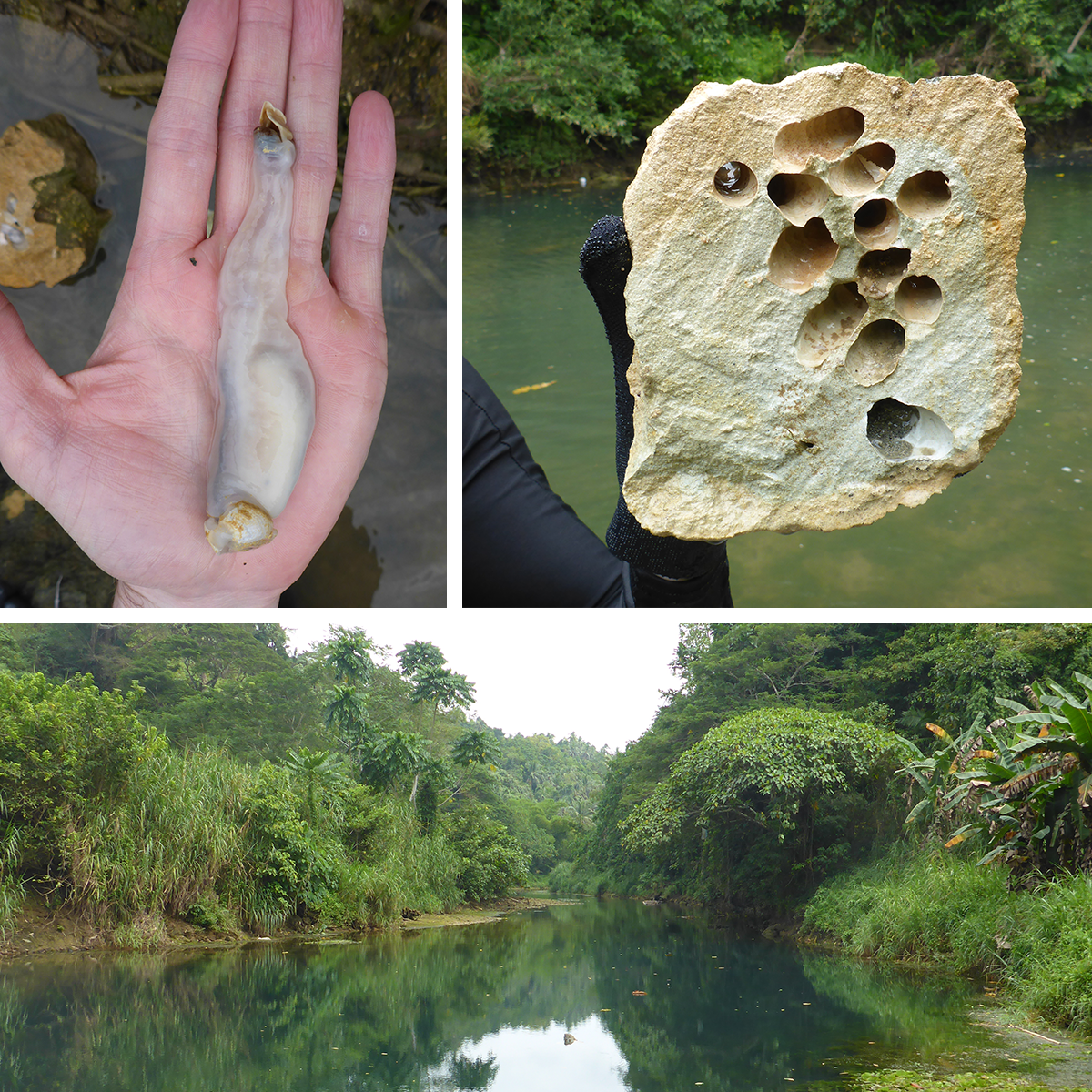
Shipworms are the future of gastronomy.
Yes, you read that correctly: in the Philippines, shipworms are something people would slurp down without a second thought! These creatures that are tough enough to digest rocks are served as snacks to us humans. Moreover, many companies are starting shipworm farming ventures, as they are very nutritious, easy to replenish, and require little to no maintenance. For all we know, shipworms may become the food of the future whether we like it or not.
